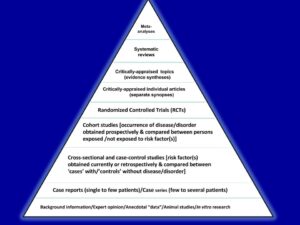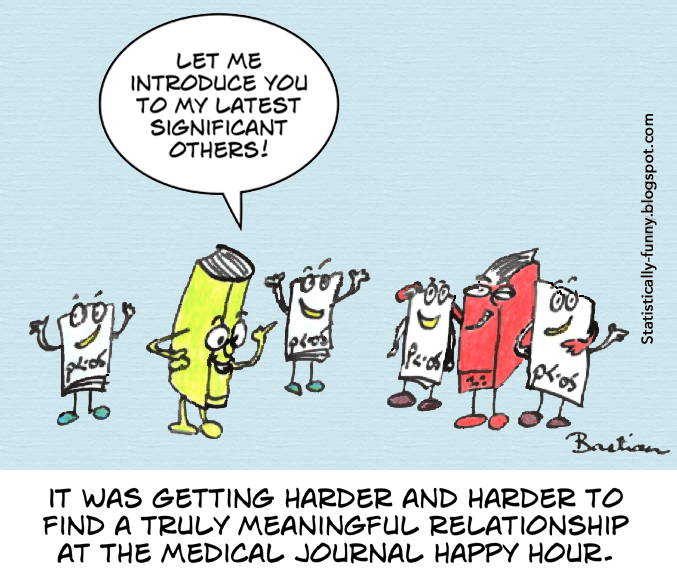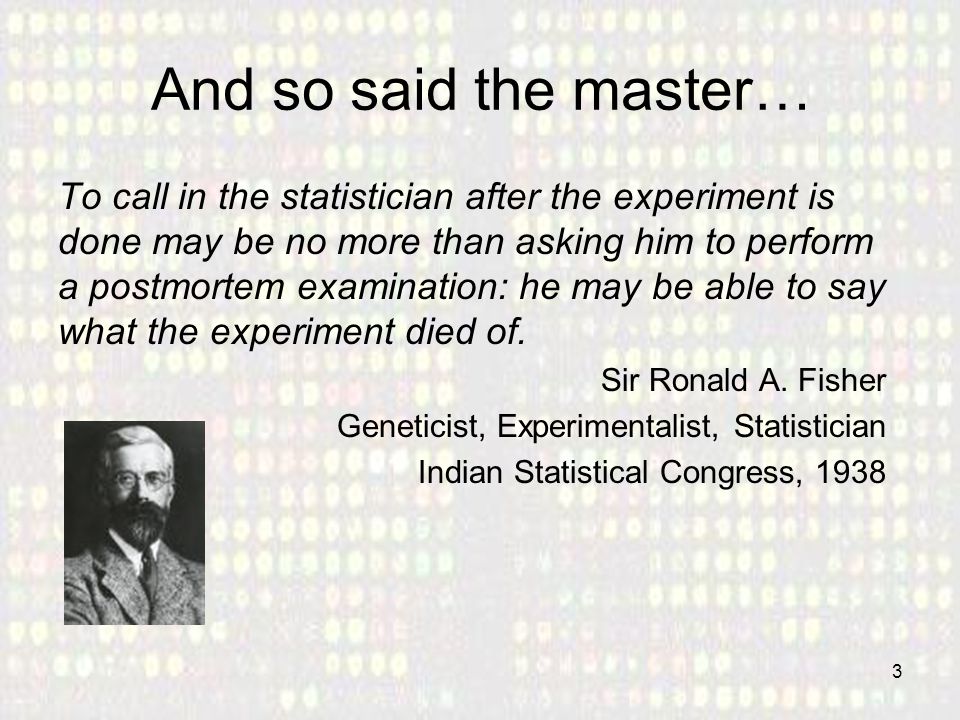
“State IDs restaurant as source of disease” [Honolulu Star Bulletin, 16 August 2016]
“State embargoes suspect scallops” [Honolulu Star Bulletin, 17 August 2016]
The Hawaii State Department of Health immediately closed all Genki Sushi Restaurants on Oahu and Kauai after determining that a major hepatitis A outbreak was likely due to imported frozen scallops served raw at these restaurants on both islands. As of the dates of reporting, all of the 168 confirmed cases of hepatitis A were adults with onset of illness between June 12 and August 1, and 46 cases had required hospitalization. Challenges the investigators faced included the long incubation period of hepatitis A where symptoms could occur weeks after exposure, and the difficulty patients have in accurately recalling the foods they ate (what, when and where), especially since the source of hepatitis A could be any number of contaminated fruits, vegetables or other foods, and even close personal contact with a carrier.
The intensive investigation that identified the tainted scallops was assisted by the U.S. Centers for Disease Control and Prevention who arrived in Honolulu on August 7, and further spread of the outbreak was curtailed. Did the State and federal agencies use the clinical trial, long touted as the ‘best’ or gold standard study design, to identify the source of the outbreak in Hawaii? Clearly, not. Dr. Sarah Park, State epidemiologist, claims that the public deserves the credit. A survey posted online by the health department received over 5,300 responses, and these responses were instrumental in identifying the sushi chain, which has since cooperated fully in destroying all of their food and disposable supplies. Take home message: Investigators should use the study designs that are most appropriate and feasible to answer their research question(s). The clinical trial does not always have the optimal characteristics* to do that, and is therefore not always the ‘best’ choice. Perhaps the triangle should be less strictly viewed as a hierarchy in order to appreciate that there are other ‘best’ choices from the armamentarium of research tools!
*See Statistics in small doses #3 for characteristics of the major study designs





